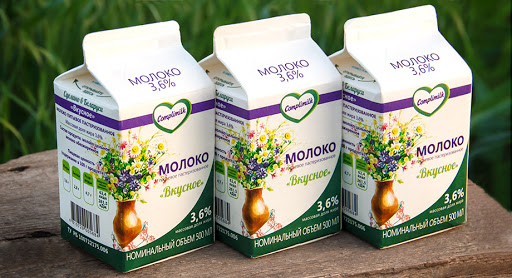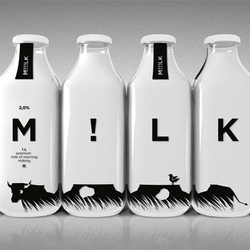The EU announced plans to abandon the transit of Russian gas through Ukraine
The European Union plans to abandon the transit of Russian gas through Ukraine from 2025, European Commissioner for Energy Kadri Simson said following a meeting of the EU Council on Transport, Telecommunications and Energy.
“The EU is not interested in extending the gas transit agreement with Russia, but we are focused on supporting Ukraine and how to better use the Ukrainian gas transportation system and gas storage facilities in the future to integrate them into the European market,” she said.
Simson noted that Russia’s share in gas supplies to the EU in 2023 decreased from 22% to 15%: last year, 14 billion cubic meters were supplied to the European Union through Ukraine. m of Russian gas, another 18 billion cubic meters. m - in the form of LNG. “Of course, the most effective measure to get rid of Russian gas would be to extend sanctions to the supply of LNG and all pipeline gas from Russia. But so far there is no unanimous support for this from the heads of EU states,” the European Commissioner added.
Gazprom and Naftogaz signed a five-year contract in 2019. Under the terms of the agreement, during this time the Russian company must pump 225 billion cubic meters through Ukraine. m of gas, including 65 billion cubic meters. m in 2020 and 40 billion cubic meters each. m every next year. After the Nord Stream explosion and the suspension of pumping through the Yamal-Europe gas pipeline, the transit line through Ukraine remained the only route for Russian gas supplies to Central Europe.
Earlier on March 4, Ukrainian Prime Minister Denis Shmygal said that Ukraine is ready to extend the transit of Russian gas, but subject to a corresponding request from European countries. At the same time, he ruled out direct negotiations with Moscow.
In the spring of 2023, the HEAD of the European Commission, Ursula von der Leyen, said that the EU had overcome its dependence on Russian oil and gas. She estimates that Russia has reduced gas exports to Europe by 80% in eight months. Germany has also become independent from Russian gas , said German Chancellor Olaf Scholz.
Ukrainian Energy Minister German Galushchenko said last year that Kyiv does not intend to negotiate with Moscow regarding the extension of the contract. Naftogaz also previously stated that they would refuse to renew the agreement on the transit of Russian gas.
RBC Pro development program Master 52 skills in a year The development program is a convenient tool for continuous learning of new skills for a successful career Rescue of a top manager: 10 techniques for answering tricky questions Improves productivity and well-being: how to switch to a non-linear schedule “Smile and wave”: 9 principles of effective communication How to force yourself to constantly move forward - nine simple tips “Let it all burn with fire”: how a leader can cope with burnout Why attention management is now more important than time management What Henry Ford was wrong: 6 bad tips from world business gurus Leader, from which they don’t leave: how to earn the loyalty of subordinates Million DOLLAR environment: how to find friends with whom you want to develop Why gesturing is a superpower, so far poorly studied by science Leaders analyze too much. When to rely on the “I can do anything” experience: 5 habits of confident people - Fast CompanyMoscow, at the same time, did not rule out the possibility of extending the treaty. The head of the Russian Ministry of Energy, Nikolai Shulginov, said at the end of January that a solution to transit through Ukraine would probably be found. “We believe that the European countries that currently receive gas are interested in extending [transit], so, probably, some decisions will be agreed upon in order to continue transit [through Ukraine],” he said. The Kremlin warned about changes in all logistics chains if Ukraine refuses to transit Russian gas.




























































